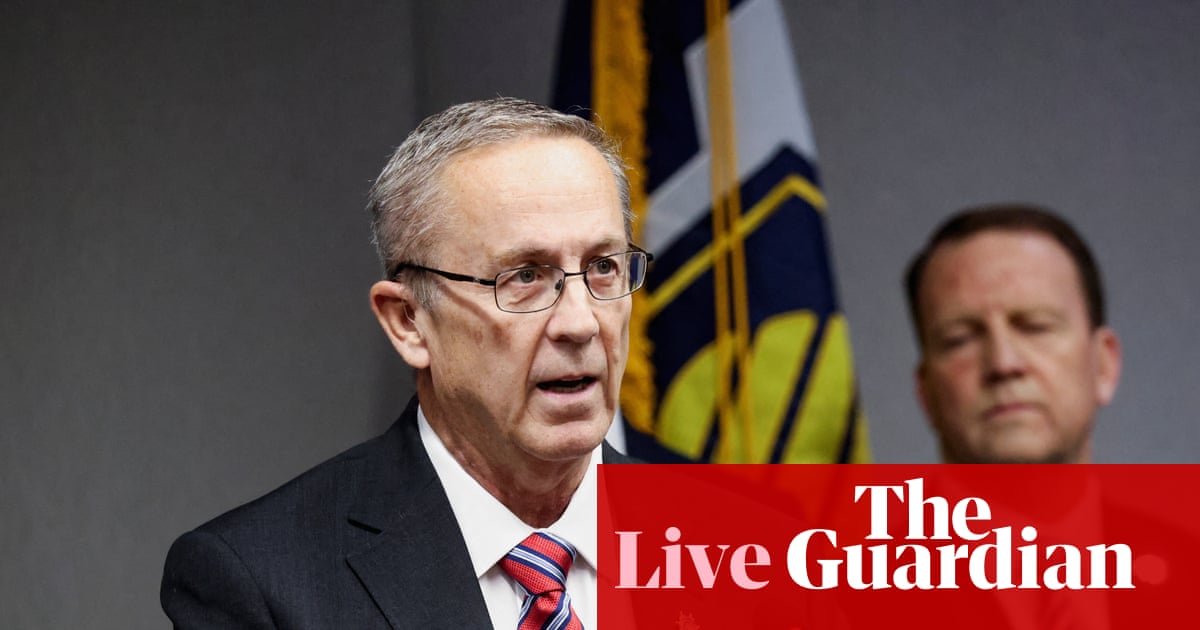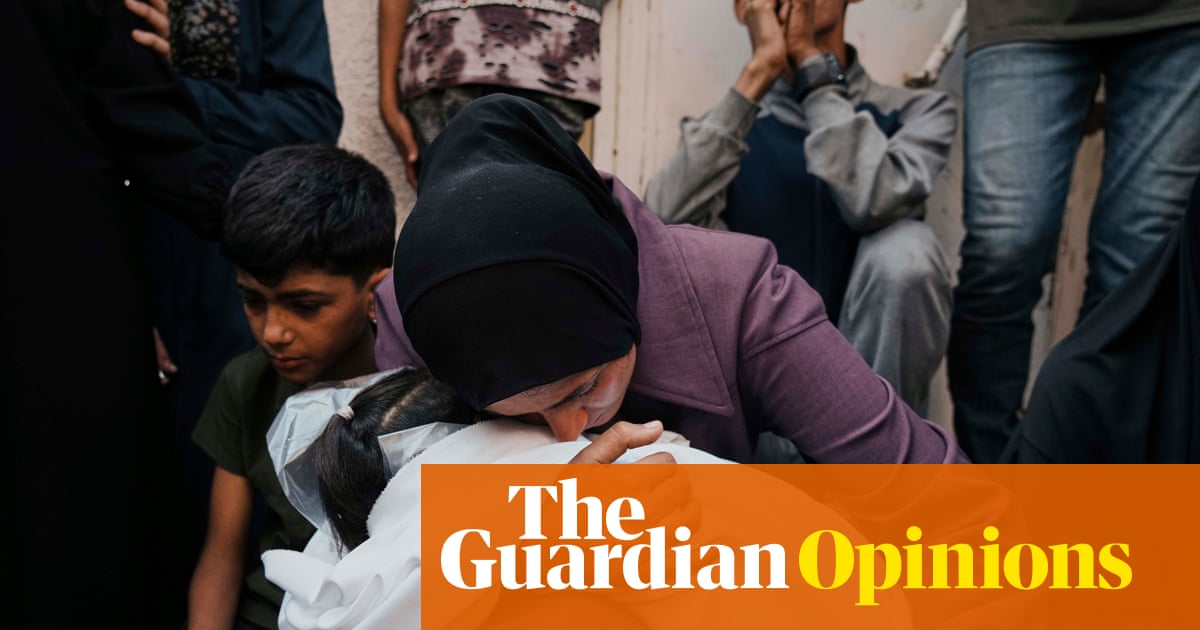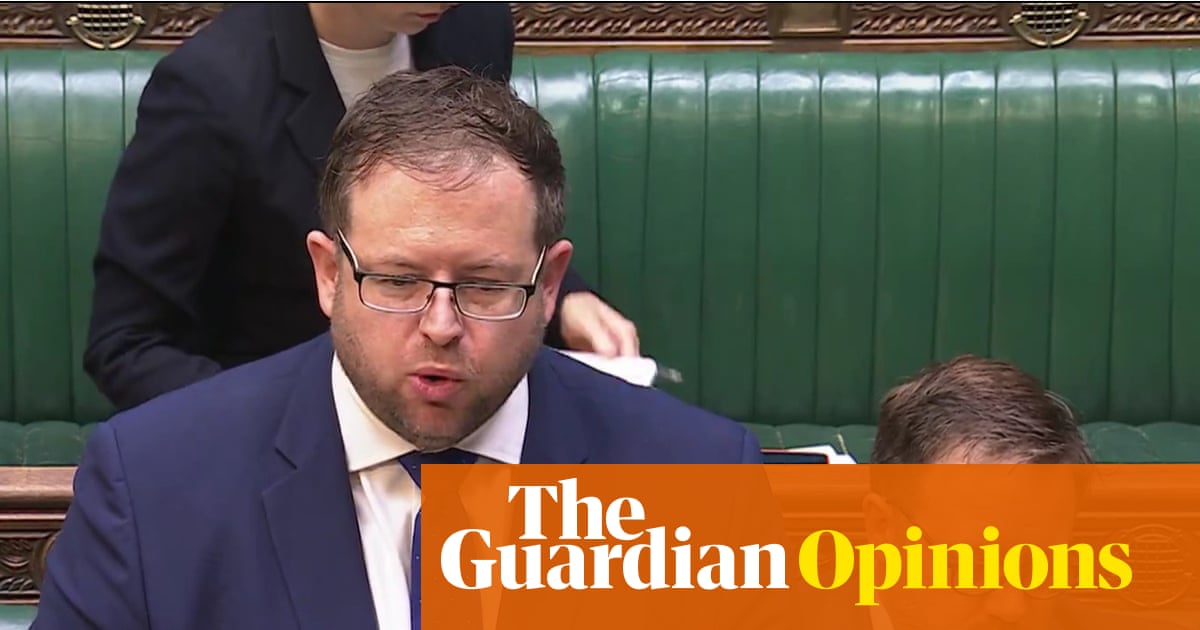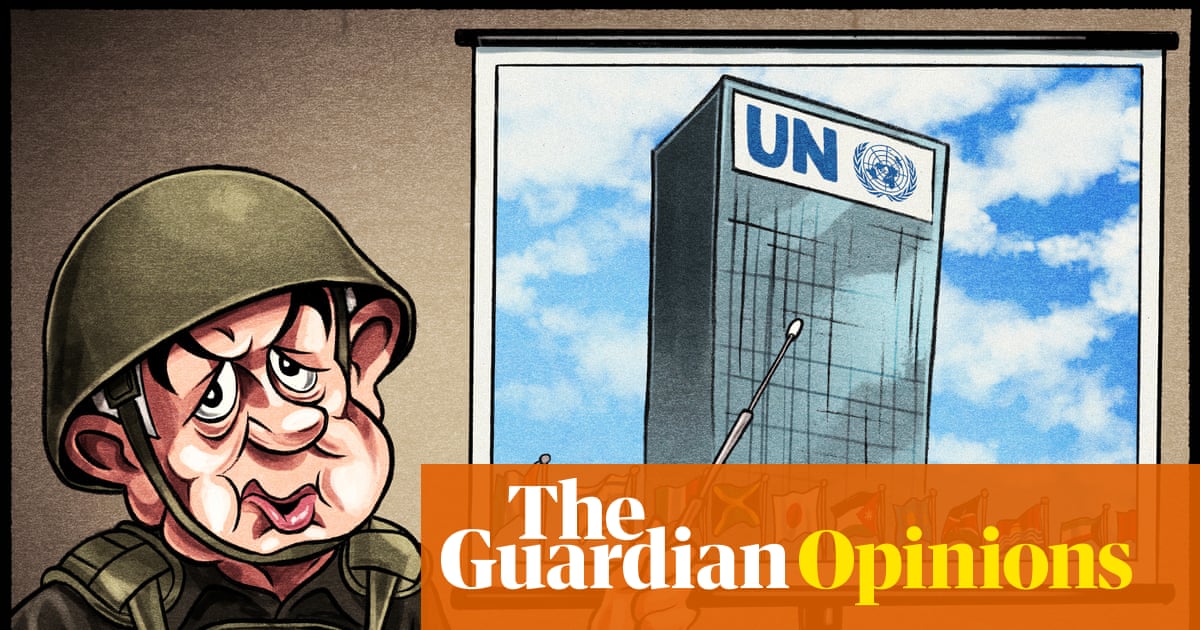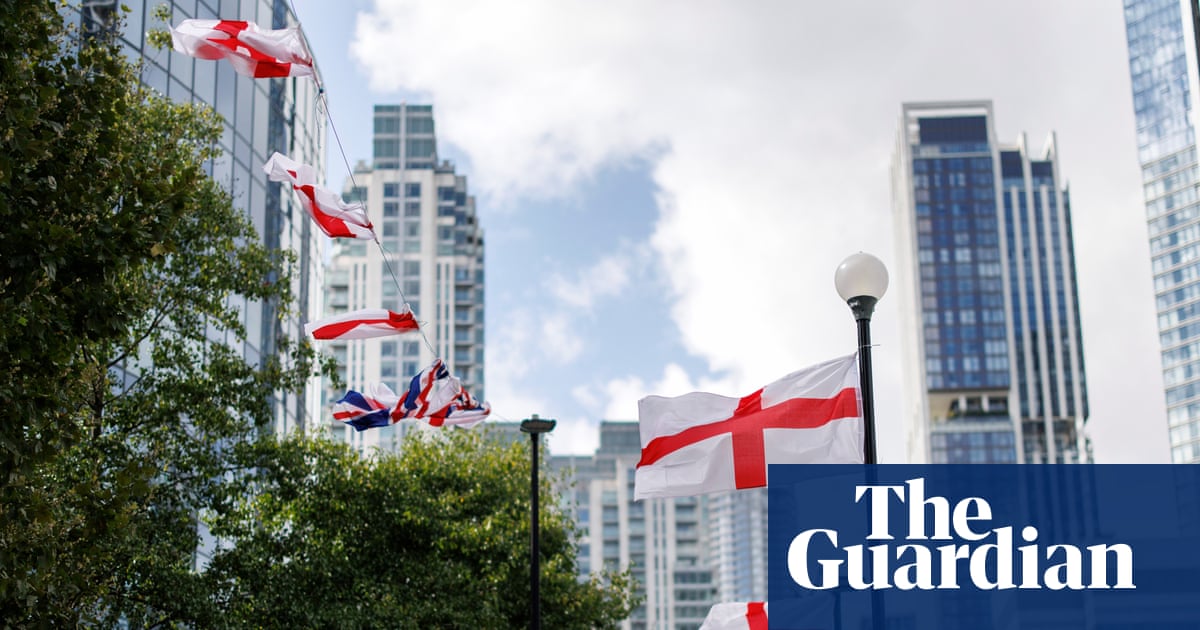Iran’s intimidation, including the threat of physical attack and assassination of Iranian dissidents living in the UK, is the single greatest threat from Iran and comparable in scale to the threat posed by Russia, parliament’s intelligence and security committee has found.
In a report published on Thursday, it also finds that the UK is a priority espionage target for Iranian cyber-attacks, ranking just below the US and Saudi Arabia.
The committee concludes those undertaking the cyber-attacks range from state-controlled actors responding to direct tasking to private actors working for personal gain or perceived state intelligence requirements. It warns that UK petrochemical utilities and finance sectors remain vulnerable to a potential Iranian attack.
The committee’s two years of evidence-taking ended in August 2023 so predates the arrest of five Iranians in May suspected of preparing a terrorist incident. The rapid rise in threats to Iranian dissidents living in the UK, many working for Persian TV channels beaming into Iran, coincided with the full coverage of the anti-government protests sparked by the death of Mahsa Amini in police custody, the Home Office told the committee.
The report also does not cover the impact within the UK of the Israeli attacks on Iranian installations, or the Hamas assault on Israel in October 2023. A perennial feature of the reports from the ISC is the long delay between the completion of their reports and their publication by government.
But the report will feed into an inquiry into a new proscription mechanism surrounding state-sponsored terrorism being conducted by Jonathan Hall KC, the independent reviewer of terrorism legislation, that was announced in March by the security minister, Dan Jarvis.
In March Jarvis also announced that Iran, including the whole of the Iranian state – covering Iran’s intelligence services, the Islamic Revolutionary Guards Corps and ministry of intelligence – was being placed on the enhanced tier of the new foreign influence registration scheme, meaning those who are directed by Iran to conduct activities in the UK including criminal proxies – must register that activity, whatever it is, or face five years in prison.
The ISC, a group of senior parliamentarians given unique access to the top echelons of the intelligence services and secret documents, criticises government policy on Iran as “one of crisis management driven by concerns over Iran’s nuclear programme to the exclusion of other issues”.
Firefighting it says “has prevented the government from carrying out longer-term thinking. The committee cites evidence of over-bureacuratic structures within Whitehall and a lack of expertise. One witness told the committee: “If you have people running policy in the Foreign Office who don’t speak a word of Persian then that is a fat lot of good to be honest.”
The committee found the government was paralysed around the issue of legal and practical difficulties around proscription of a state organisation such as the IRGC. It says “given that membership of an organisation proscribed in the UK could lead to the arrest and prosecution, and custodial sentence which would apply to around a quarter if the Iranian cabinet”.
The committee portrays Iran as a pragmatic actor focused on regime survival driven more by opportunism than ideology. Seeking to avoid full-scale war it has focused on development of asymmetric capabilities and a network of aligned militant and terrorist organisations across the Middle East to spread influence and deter potential aggressors.
The director general of MI5 recently stated that since the start of 2022 the UK has responded to 20 Iran-backed plots, presenting potentially lethal threats to British citizens and UK residents.
In his March statement, Jarvis said: “The Iranian regime is targeting dissidents and media organisations and journalists reporting on the violent oppression of the regime.
“It is also no secret that there is a longstanding pattern of targeting Jewish and Israeli people internationally by the Iranian intelligence services. It is clear that these plots are a conscious strategy of the Iranian regime to stifle criticism through intimidation and fear.”
Commenting on the report Lord Beamish, the chair of the ISC, said firefighting had prevented the government from developing a real understanding of Iran with a lack of Iran-specific expertise across the government.

.png) 2 months ago
24
2 months ago
24

